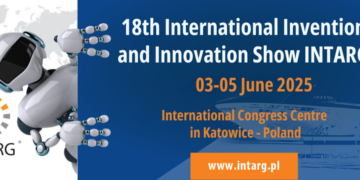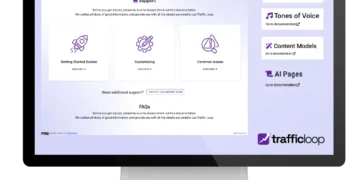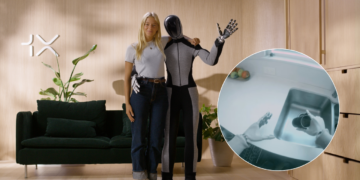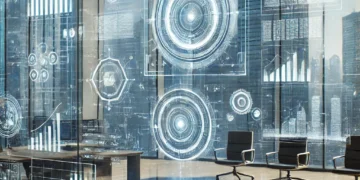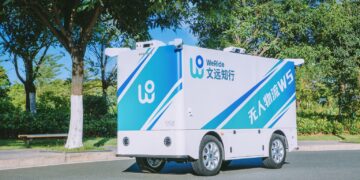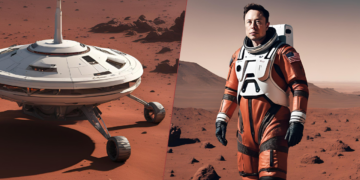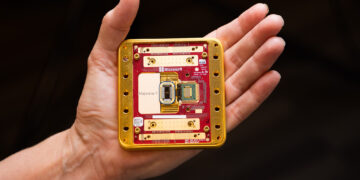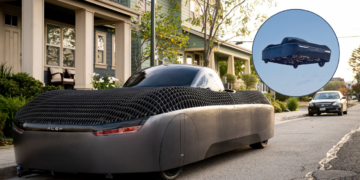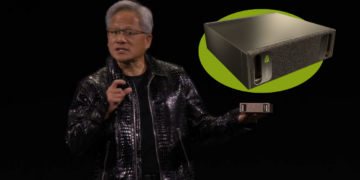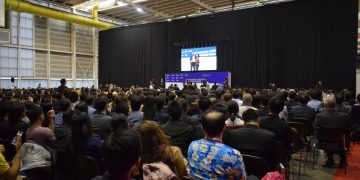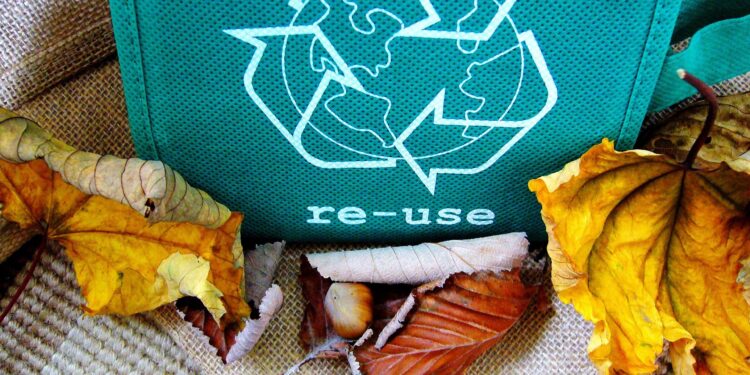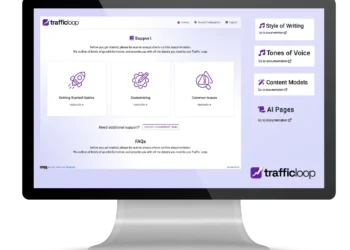Artificial intelligence at the service of the environment, Horowitz’s innovative project is able to collect 80 pieces of material per minute, twice as much as a human employee
Denver-based start-up AMP Robotics is set to conquer the market with its new robotic systems that sort recyclable material. It is ready to invest $55 million to develop applications to be implemented at existing plants to increase recycling systems.
According to data provided by the Environmental Protection Agency, in 2015 alone, the United States generated approximately 262 million tonnes of municipal waste and, of this, over 91 million tonnes was recycled and composted.
“It’s repetitive and non-ergonomic, and you’re surrounded by antigenic things like hypodermic needles,” says Matanya Horowitz, founder and CEO of AMP, referring to the complex and risky work of recycling platform employees.
The AMP Robotics team explains that their platform, at the forefront of automation, offers higher and faster performance than normal processes and, thanks to its modulation, can adapt to different workflows and can be customised for individual brands and recyclables. AMP Robotics products are able to sort by colour, clarity and opacity not only metals but also other materials such as mixed wood, asphalt, bricks, mixed plastics and numerous other materials.
AMP Cortex, the company’s robotic control system, uses a combination of artificial intelligence algorithms and physical robots to orchestrate sorting, picking and positioning activities. The system is fed with data from AMP Neuron, which uses the artificial version to distinguish visual characteristics and is self-improving, processing millions of images in the cloud through its own network. In this way, the machine is able to ‘learn’ new material classes, adapt to packaging design and lighting changes, and recover recyclable materials.
To date, AMP Robotics’ platform has processed over a billion recyclable materials at sites in over 20 US states. A great success when you consider that, according to company figures, there has been a reduction in greenhouse gas emissions of about half a million tonnes as a result of the upgrades.
It is estimated that by 2024 the robotics market for waste collection will develop a turnover of USD 12.26 billion.
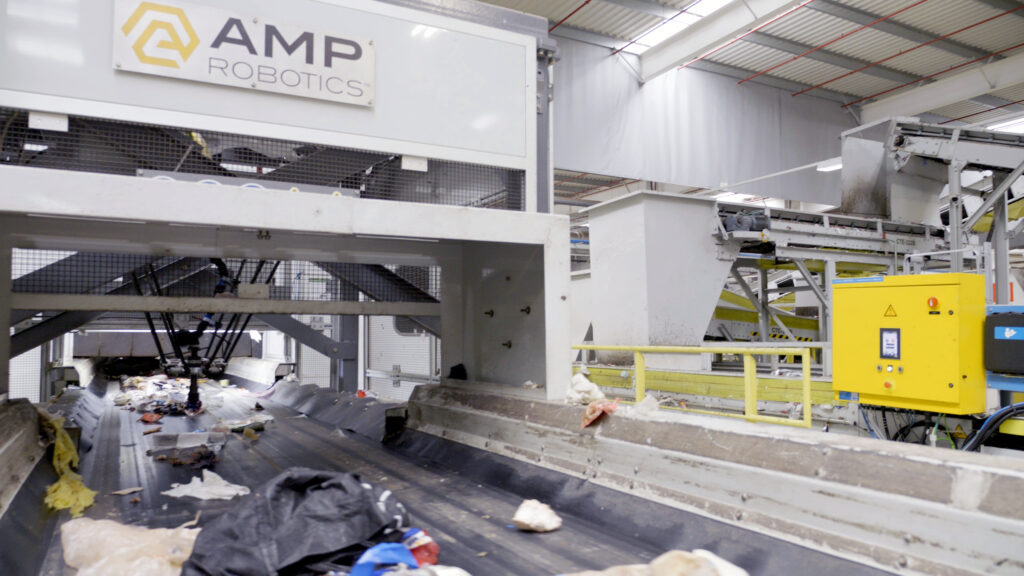
AMP Robotics
Author: Alessandro Volpe



